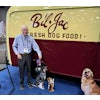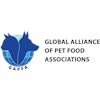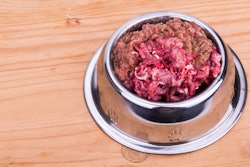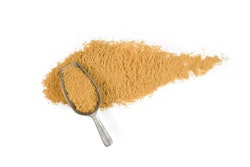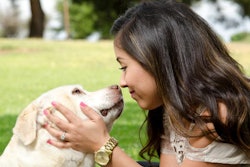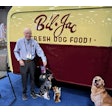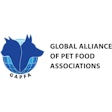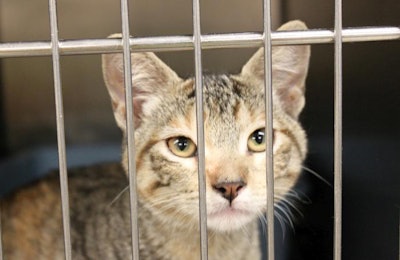
In honor of National Animal Disaster Preparedness Day, Hill’s Pet Nutrition is joining its US network of animal shelter partners in a campaign to educate pet owners on the ways they can stay safe and be better prepared to survive a natural disaster.
The 2018 National Animal Disaster Preparedness Day was held on May 12, 2018 to help raise awareness of the significant risk pets face during natural disasters. On May 10, a US media tour was conducted live from the Houston SPCA featuring Dr. Jolle Kirpensteijn, Hill’s Pet Nutrition’s US Chief Professional Veterinary Officer and Patricia Mercer, Houston SPCA President and CEO in conjunction with D S Simon Media and Your Update.TV.
“Planning ahead is the best way for families to ensure that all members of their family, including pets, are ready to face an emergency,” said Joann Fuller in a press release. Fuller oversees Hill’s Pet Nutrition Food, Shelter & Love program. “Creating a pet emergency go- kit beforehand can relieve some of the stress families experience and keep pets safe when disasters strike. Our ultimate goal is to reduce the number of cats and dogs that are hurt, displaced or abandoned when communities are impacted by disaster.”
Hill’s and its shelter partners encourage families to create a pet emergency go-kit to store alongside the rest of the family’s emergency supplies. The kit should include the following items:
- Basic first aid supplies
- A three-day supply of bottled water and the pet’s preferred food, held in a waterproof container
- Safety harness and leash
- Waste clean-up supplies
- Medications and a copy of the pet’s medical records
- List of veterinarians and local pet care organizations
- List of the pet’s feeding routine and any behavioral issues
- Comfort items, such as a blanket or favorite toy, to help keep the pet calm and comfortable
As part of the 2017 NADPD campaign, Hill’s employees created 5,000 pet emergency go-kits and donated them to shelter partners in disaster prone areas across the US. Shelters used these kits to underscore the importance of pet preparedness, and some even handed out kits to pet families evacuating from Houston in the aftermath of Hurricane Harvey.
Safety tips for pot owners during emergencies
Hill’s also recommends the following tips to help ensure a pet’s safety in an emergency:
- Ensure your pet’s identification by using a microchip or collar ID tag, and make sure that all contact information is up-to-date. You can update the microchip’s contact information at the manufacturer’s website by locating the code from the barcode sticker or the confirmation form provided by your veterinarian or animal shelter.
- Display a pet rescue decal on the front door or window to let first responders know there is a pet in the house. Include the local veterinarian’s contact information.
- Learn where your pets like to hide in the house when frightened. Finding a pet quickly will help to evacuate faster.
- Identify a location to take a pet in case of evacuation. Keep in mind that disaster shelters for people may not be open to pets. Scout hotels and motels with pet-friendly policies and ask relatives or friends if they could house you and your pet.
- Carry a picture of the pet in the event of separation.
- In case of evacuation, consider taking a pet carrier or crate for transport and safe-keeping.
When even the best plans are not enough and communities are hit hard by disaster, Hill’s Disaster Relief Network supplies free pet food to families in need. This network was established in 2013 as an extension of the Hill’s Food, Shelter & Love program, which has provided more than US$290 million worth of Hill’s pet foods to more than 1,000 shelters in North America over the last 16 years.
Since 2013, Hill’s Disaster Relief Network has delivered over 280,000 pounds of free food to nearly 300 organizations across the US in response to more than 70 disasters, including floods, tornadoes, mudslides and the devastating hurricanes and wildfires in 2017.
